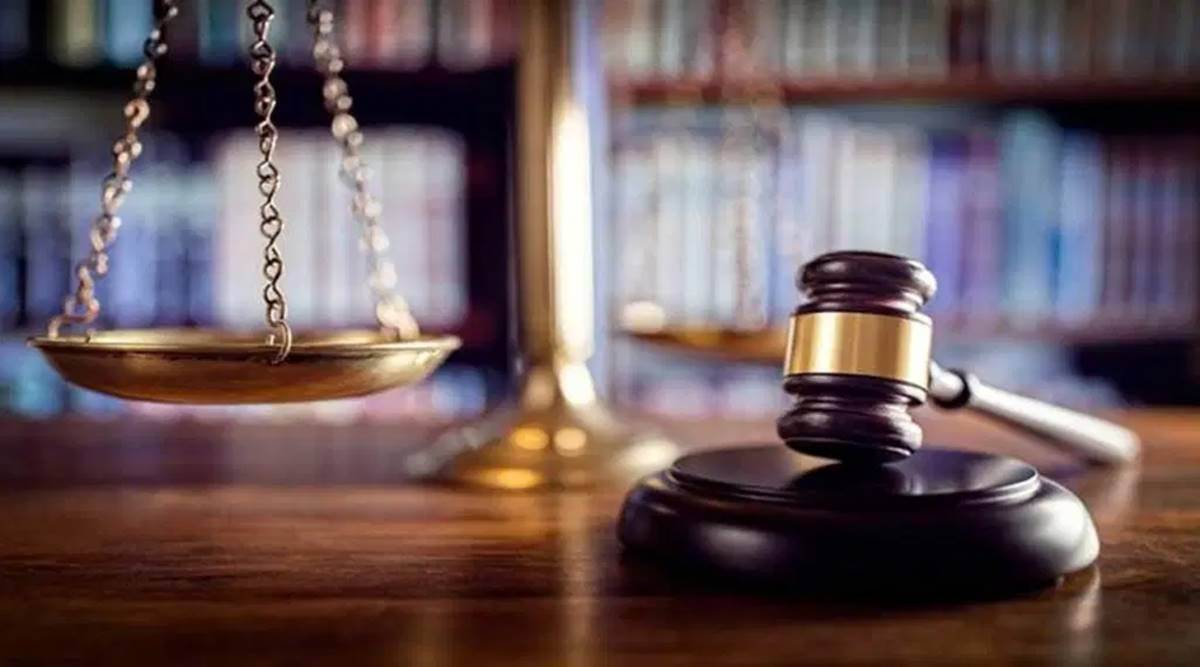
A five-judge bench of Calcutta High Court, by its order of May 28, granted interim bail to four Trinamool Congress leaders subject to certain conditions. Two are ministers in Mamata Banerjee’s government, while one is an MLA, and another a former Kolkata mayor. All four had been arrested by the CBI on May 17 in the Narada scam case. The order came to be passed after many twists and turns. Unfortunately, none of the parties involved in the matter has covered itself with glory.
The incident in which the accused are allegedly involved dates back to 2014 when a journalist, Mathew Samuel, conducted a sting operation posing as a businessman, and allegedly lured them into accepting bribes of Rs 4 lakh to 5 lakh. The whole episode caught on camera allegedly revealed that not only these four, but many others, including Suvendu Adhikari and Mukul Roy, who later left TMC and joined the BJP, were also involved. In 2017, the matter reached Calcutta HC which ordered a CBI enquiry, resulting in registration of FIR. The matter seems to have remained in limbo till the CBI woke up from its slumber on May 17, and arrested the above named accused.
In the interregnum, much water had flown under the bridge. The West Bengal government completed its term and assembly election in the state was fought with ferocity. The BJP fielded its top leaders but failed to wrest power. This was a huge setback for the BJP. Many believe this as the sole reason for the CBI going after the accused.
For long, the credibility of the CBI has been running low. It is seen as an instrument of the state, no matter which party is in power. Given the bitterness with which the election was fought, and that soon after the election, the CBI went knocking on the doors of the accused, it will be naive to believe that its actions were only a step taken towards the trial of the case, and that it was not acting at the behest of its political masters.
If this indeed was not the case, CBI needs to explain how the four accused, roaming free for the last several years, suddenly became a threat to a free and fair trial necessitating their arrest, more so, when some others similarly placed, but in opposition now, are still at large.
Chief Minister Mamata Banerjee on coming to know of the arrests got so enraged that she staged a dharna at the CBI office, daring the officials to arrest her too, though it would have been far more befitting for her to take recourse to legal remedies.
The CBI judge before whom the accused were produced virtually granted interim bail to the accused. But the CBI rushed to the High Court seeking transfer of the case, and also pleaded that the proceedings before the CBI judge be declared non-est as they were vitiated on account of dharna and slogan shouting.
It is an elementary principle of criminal jurisprudence that once bail has been granted by a competent court, the only way to negate it is by filing an application for cancellation before the same court or a higher court. The CBI, ignoring this legal approach, merely sent a communication to the High Court, which the acting Chief Justice in a late-night sitting treated as a writ petition and stayed the bail order, as though the accused had committed such a heinous crime that the matter could not wait till the next morning.
The matter was next taken up on May 19 by a bench headed by the acting Chief Justice. The Chief Justice favoured keeping the accused persons under house arrest, but the other judge was in favour of granting bail. Normally, if there is a difference of opinion between two judges, the matter is referred to a third judge whose opinion prevails. But the Chief Justice chose not to refer the matter to the third judge. The accused remained under house arrest. The CBI went to the Supreme Court against the said order, but finding that the SC was not inclined to stay or reverse the same, it withdrew the petition.
Meanwhile, the acting Chief Justice constituted a bench of five judges to hear the matter. With the greatest of respect to the Chief Justice, may one ask what was the big constitutional issue involved in this matter? Imagine how the accused were made to suffer in a simple matter when bail and not jail is the rule.
The latest twist is a letter from a senior judge of the same High Court addressed to the Chief Justice and his fellow judges. As per him, the communication of the CBI could not be treated as a writ petition, and that the mob presence can be a ground for adjudication on merits of the CBI judge’s order, but it does not empower the division bench to take up the matter. Questioning the convening of a five-judge bench, he has written that such a bench is constituted when the view of a division bench is inconsistent with the view of another division bench. Finally, he wrote: “Our conduct is unbecoming of the majesty the High Court commands. We have been reduced to a mockery”. These are strong words.
Courts should act as a shield against the tyranny of the state. In the words of Lord Mansfield, “Let justice be done though the heavens fall.” Yes, bail has been granted, but at what cost?
The writer is a former judge of the Delhi High Court
- The Indian Express website has been rated GREEN for its credibility and trustworthiness by Newsguard, a global service that rates news sources for their journalistic standards.

